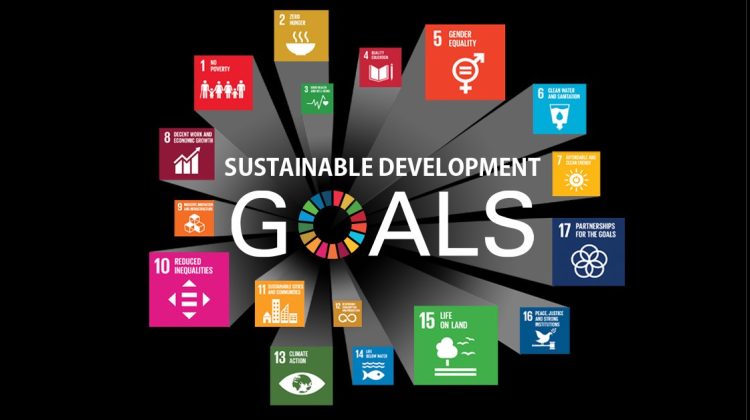
AI4PEP-Why we take a Decolonial Lens Towards the Realization of SDG 3 and 5
AI4PEP Network
The AI4PEP Network is a multi-regional research Network under the auspices of York University with an avid commitment to advance the deployment of digital health solutions across the Global South. While our secretariat is rooted in Toronto, Canada, we are in the process of establishing regional nodes across our six target regions: Africa, North Africa, Middle East, Latin America, and the Caribbean. Our mandate is anchored in furthering Sustainable Development Goals 3 (Health and Wellbeing) and 5 (Gender Equality). As a network, we firmly believe that, if thoroughly harnessed, Global South-led Artificial Intelligence based solutions have the potential to strengthen the prevention, preparedness, mitigation, and response to emerging and re-emerging infectious disease outbreaks.
Taking a Decolonial Lens
The AI4PEP Network takes a decolonial approach towards health equity to create possibilities for Global South researchers to build Global South led solutions. Decolonial methodologies has been called “tools for deconstructing Western canons of thought and research through imperial eyes.” Taking a decolonial framework towards research entails acknowledging the remnants of colonialism that mediate unequal access to quality healthcare across gender, race, geopolitics, income, and other social variables. Beyond the acknowledgement of these health inequities, the pursuit of a decolonial methodology in health necessitates taking deliberate actions to dismantle the imperial and colonial logics that mediate knowledge production and unequal opportunities to relevant resources.
A plethora of research has established that, while colonization is frequently presented as a historic wrong, yet the remnants of colonial power were recently aminated during the COVID-19 pandemic where structural inequalities were disproportionately distributed according to race, gender, geography, immigration, income, and sexuality. Our work is rooted in the belief that processes of decolonization should seek to amplify the voices of colonized people, and further the necessary resources to enable them to shape the future of digital health alongside their Western counterparts. AI4PEP sees itself as a convener with the following responsibilities:
- Facilitating and supporting locally driven (Global South-led) health research initiatives,
- Fostering community participatory approaches,
- Advancing a strong Gender Based Analysis (GBA+) to help understand and tackle intersecting health disparities.
- Mobilizing locally based, relevant and relatable AI as a catalyst for a sustainable health solution.
- Investing in Global-South based researchers as co-creators of a sustainable, and resilient health futurity.
- Advancing national, regional, trans-regional and global collaborative initiatives to foster sustainable global health outcomes.
Pioneering a Gender & Intersectional Approach
Crises, especially health crises, can be inherently gendered and intersectional. These gendered inequities amplify historically entrenched social and economic inequalities that affect health and well-being on a global scale. Regrettably, the global health system is an outcome of these power dynamics that disproportionately distribute vulnerabilities to diseases and infections. For example, care work within the home, including social reproduction responsibilities, caring for the elderly and ill disproportionately falls on the shoulders of women. Meanwhile, the labour market is also skewed against women’s participation.
All these factors can be traced from gendered colonial power, and some gendered variables remain undetected and unreported. To augment these gaps, and further generate intersectional solutions, the AI4PEP has adopted a gender intersectional approach as a central pillar of its strategy. As such, it has integrated the United Nations Sustainable Development Goals 3 (Health and Well-Being) and Goal 5 (Gender Equality) as tenets of its work. This continues to bolster the need for gender responsive, gender-sensitive, and gender inclusive interventions in health.
Artificial Intelligence as a Catalyst
With the disproportionate impact of the health crisis in the Global South as seen throughout COVID-19, the digital economy has provided a promising outlet for resistance. The digitization of health is needed by making tangible improvements in the health surveillance systems by leveraging big data and Artificial Intelligence (AI) powered systems. The AI4PEP hopes to create space for innovative research that leverages AI to enhance health outcomes.
Call for Proposals
Our inaugural call for proposals was launched in November 2022, targeting researchers from six regions across the Global South: Africa, North Africa, Asia, Middle East, Latin America, and the Caribbean. While we are currently not accepting more applications, the proposal writing process is underway for prospective partners whose research ideas were reviewed and found to be in alignment with our mandate. We pride ourselves in successfully attracting over 200 proposal ideas from different countries across all these regions. We are enthused by the richness and innovation of the ideas pitched so far.
The novelty of our approach lies in our decolonial methodology. For instance, we have taken radical steps to decolonize the conventional approaches of mainstream grant applications by providing on-going support to our partners throughout the process; offering training workshops and Questions and Answer sessions where our prospective partners bounce off questions and seek clarity as they proceed with their applications. Our prospective partners have lauded our efforts, saying words like, “you eased my anxiety and humanized the experience to make us seen and valued,” and “I am surprised I was offered feedback and offered the opportunity to make amends and proceed to the next step- this is a first of its kind!” As an emerging network, we hope to learn from these experiences and continue to bridge the gaps between the complexities of conventional research by championing people-centered approaches.
Prospects for the Future
Our futuristic lens anticipates a vibrant research community of scholastic and community health researchers who will foster collaboration and information-sharing on a national, regional, transregional, and global scale. Our aim is to bridge the gap between public health experts, civil society leaders, policymakers, and data scientists, to contribute to strong and resilient health systems in the Global South.


